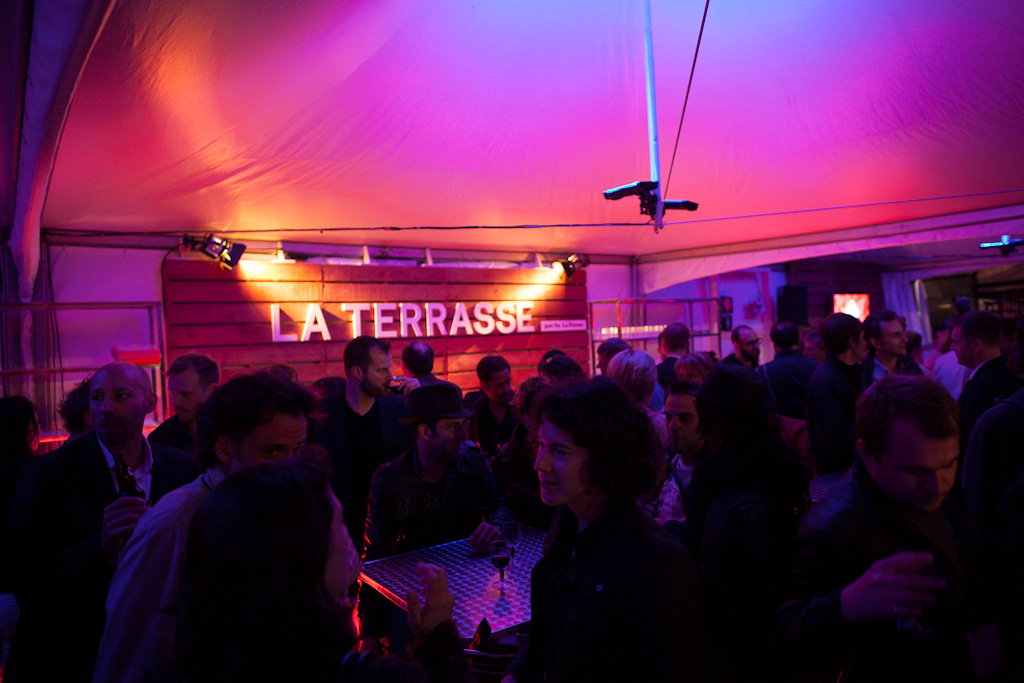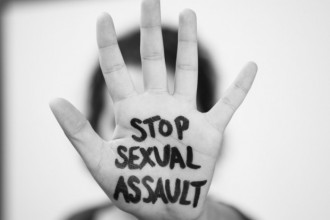The city of Montreal is slowly lifting all COVID-19 restrictions, including the use of vaccine passports. In a press conference delivered on February 8, Legault outlined the new reopening timeline for gatherings, restaurants, bars, gyms, and places of worship.
In another large step towards returning to a pre-pandemic life, the Premier said on February 15 that Quebec will try to phase out the use of vaccine passports by March 14. While they will still be used for travel, as per federal law, vaccine passports will no longer be mandatory for gatherings, public or private, in Quebec.
He explained that it is necessary to take “calculated risks to learn to live with the virus,” a step that he thinks is possible as more people get booster shots.
According to CTV Montréal, as of now, restaurants can only sit ten people with valid vaccine passports, who live in (at most) three residences, per table. Private gatherings are encouraged to keep to the same standard; however, there is no enforced rule regarding such gatherings. Gyms and other recreational facilities can open at half capacity, as long as members have a valid vaccine passport. Starting February 28, bars can open at half capacity, but they must stop serving alcohol at midnight, close at 1 a.m., and people must be seated (i.e. no dancing).
On March 14, Legault committed to fully reopening bars, clubs, restaurants, and places of worship, expressing his desire to return to normalcy. He explained that it is necessary to take “calculated risks to learn to live with the virus,” a step that he thinks is possible as more people get booster shots.
After this announcement, Quebec Health Minister Christian Dubé noted that the removal of vaccine passports was necessary “as we live to learn with the virus.” Now that hospitals in Quebec have access to Pfizer’s Paxlovid COVID-19 antiviral pill, the health ministry believes that hospitals are now better equipped to protect at-risk and unvaccinated people. The ministry found that a two-dose vaccination against COVID-19 does not give adequate protection against Omicron, so it is becoming less necessary to have a valid vaccine passport unless Montréal requires a third dose to be registered.
However, the Quebec government is asking people to continue wearing masks, getting tested, and social distancing when possible, but are not planning on requiring people to get their third shots in March or April.
Almost 25 percent of Quebecers caught the virus in December, and are encouraged to wait eight to twelve weeks from their infection before getting their booster shot. By the time this section of the population can get fully vaccinated, the surge of Omicron cases is projected to have slowed. However, the Quebec government is asking people to continue wearing masks, getting tested, and social distancing when possible, but are not planning on requiring people to get their third shots in March or April.
Students on campus recognize that the current restrictions are supposed to be fully lifted within the month, and as a result, express less concern about adhering to the rules as strictly as they did at the beginning of the semester and in previous years. Kimia, a U0 Arts student, explained that since bars and clubs are not open, people are still having large parties where people are sharing vapes and drinks. Even though students are likely exposing themselves to more people at house parties than they would have at bars that mandated masks last semester, she recognizes that most of the people that she goes to parties with are in her social circle, so she would be exposed to them regardless. She is not as concerned about COVID-19 as she was at the beginning of the semester because “catching it is becoming almost an inevitability since the virus is so transmissible,” so “people might as well learn to live with it,” echoing the mindset of the Quebec government in wanting to ease restrictions.
Another first-year student residing at Campus One said that he was less concerned about going to larger parties with other unmasked students because “the situation has changed fundamentally: people are getting their booster shots, we know more about the virus itself, and Pfizer is coming out with a new treatment.”
The progress we have made in vaccines and treatments allows them and other students to be less concerned about their physical safety and instead start taking care of their mental health by resuming a social life that more closely resembles what it did before the pandemic
He and Kimia explained that the majority of people they know got COVID-19 during winter break and have all three doses of the vaccine. While they can’t be sure everyone he comes in close contact with is fully protected against the virus, they are not as concerned about what will happen if they catch it themselves or transmit it to others because almost all of their close contacts are healthy and young. The progress we have made in vaccines and treatments allows them and other students to be less concerned about their physical safety and instead start taking care of their mental health by resuming a social life that more closely resembles what it did before the pandemic.
However, in both conversations with these McGill students, the Bull & Bear was the one to inform them that Legault was planning on removing all vaccine passports by March 14. Afterward, they expressed concerns about exposure in public establishments, especially since the mandate will lift at the same time that people are allowed to start dancing at bars and clubs. Lifting the vaccine mandate is a “really shocking and disappointing” decision, said Kimia. Echoing her statement, the Campus One resident said he would feel “a lot less safe about going to bars and clubs,” but doesn’t think that will stop him from going out completely.
Researchers are still finding more effective treatments for COVID-19, and according to Santé Montréal, over 95 percent of people in Montreal between 18 to 29 have two doses of the vaccine. After thinking it through, they are both still disappointed in Legault’s decision and think he should have instead dropped the mask mandate, but they recognize a need for a return to normalcy. Legault and McGill students are not the only ones trying to get back to normal. In an email on February 22, McGill University announced that all activities online due to COVID-19 will return in person for the fall 2022 semester. Students are tentatively hopeful for this return to normalcy.








